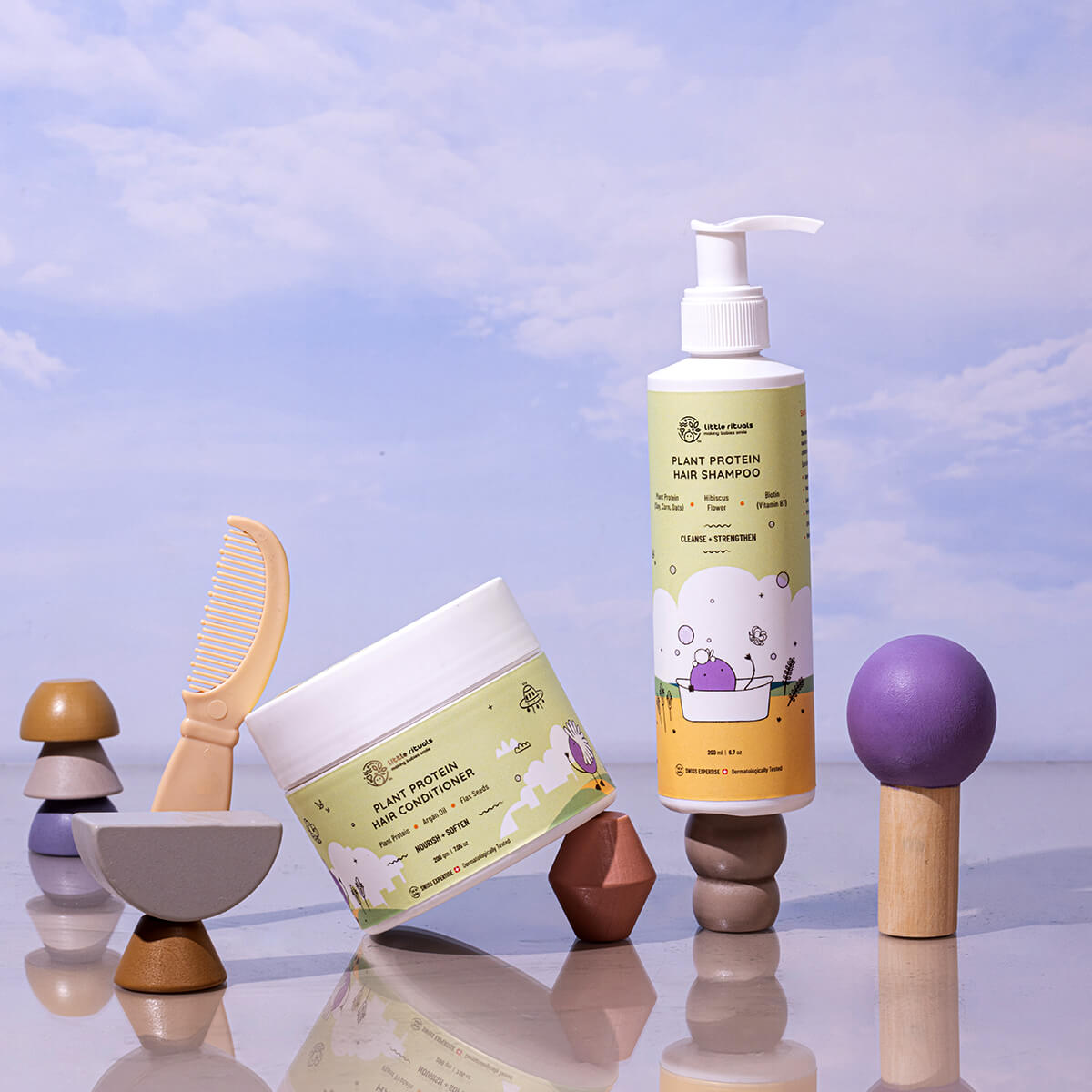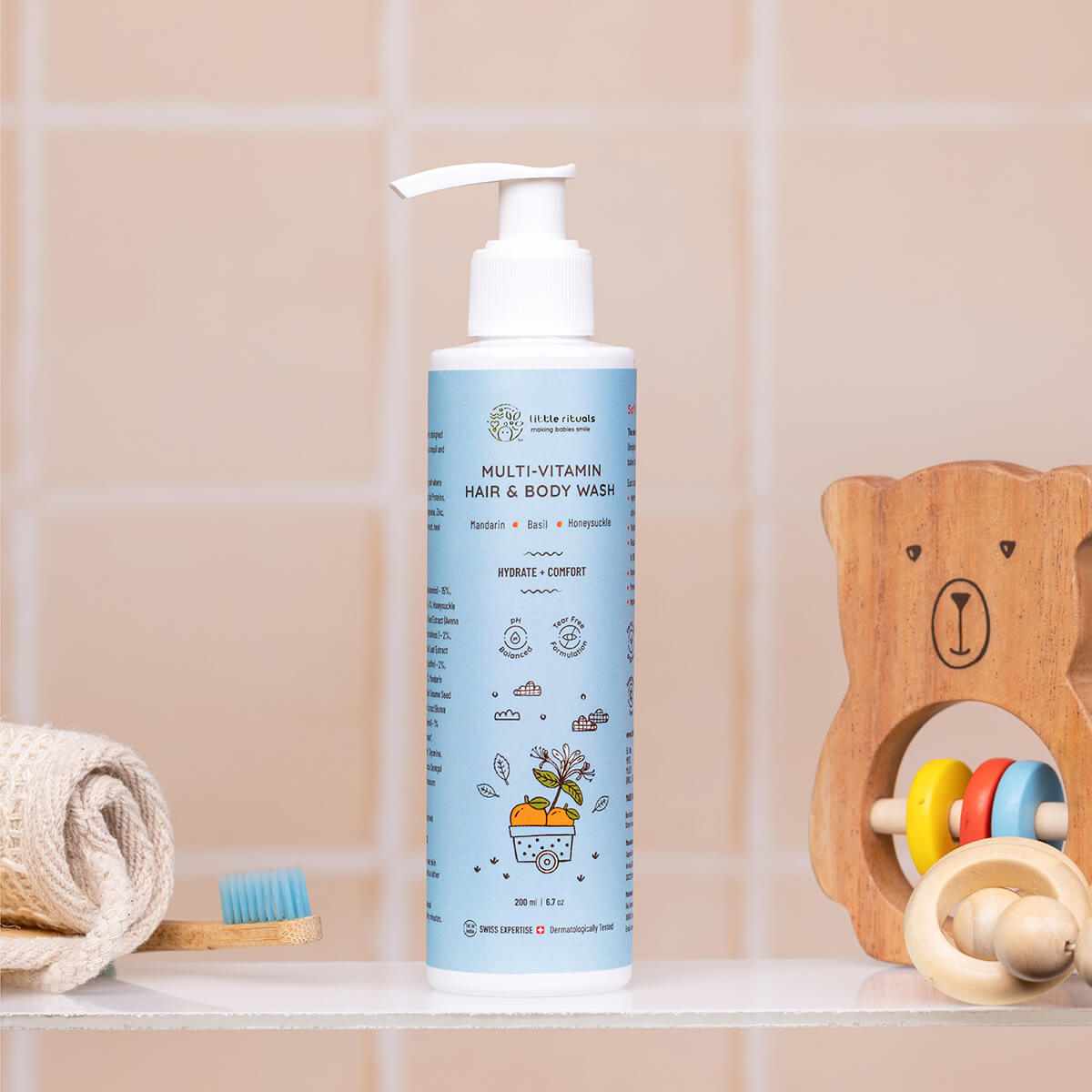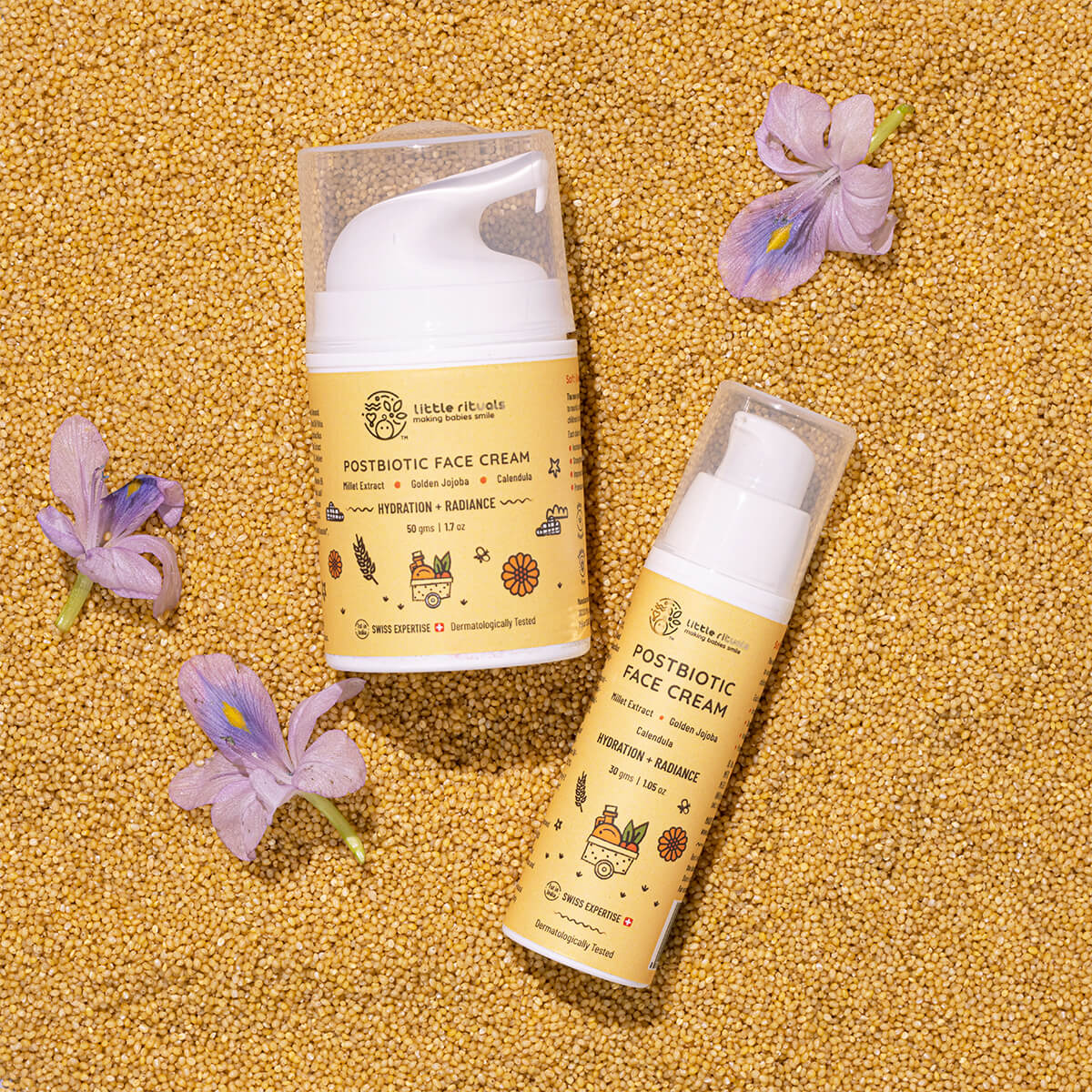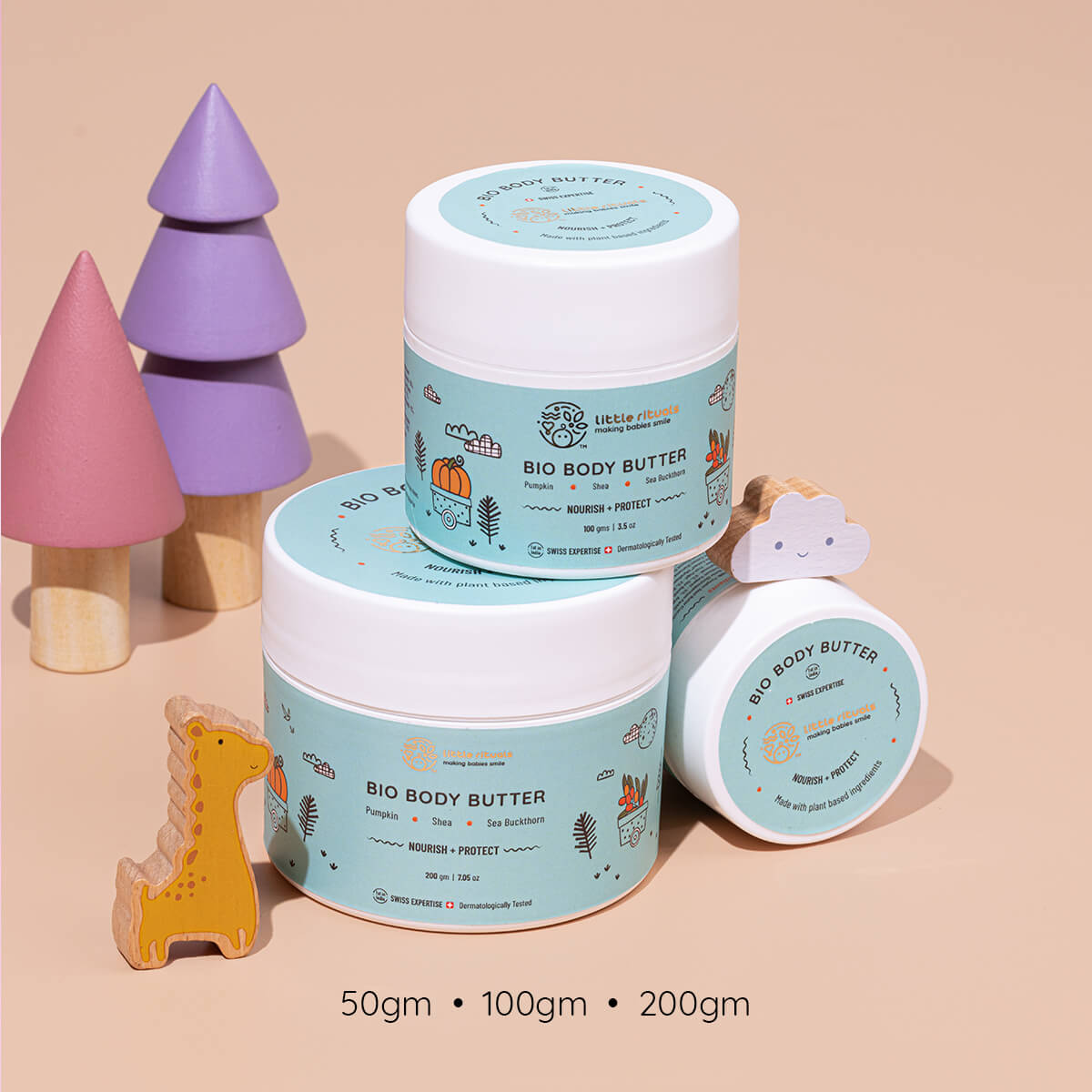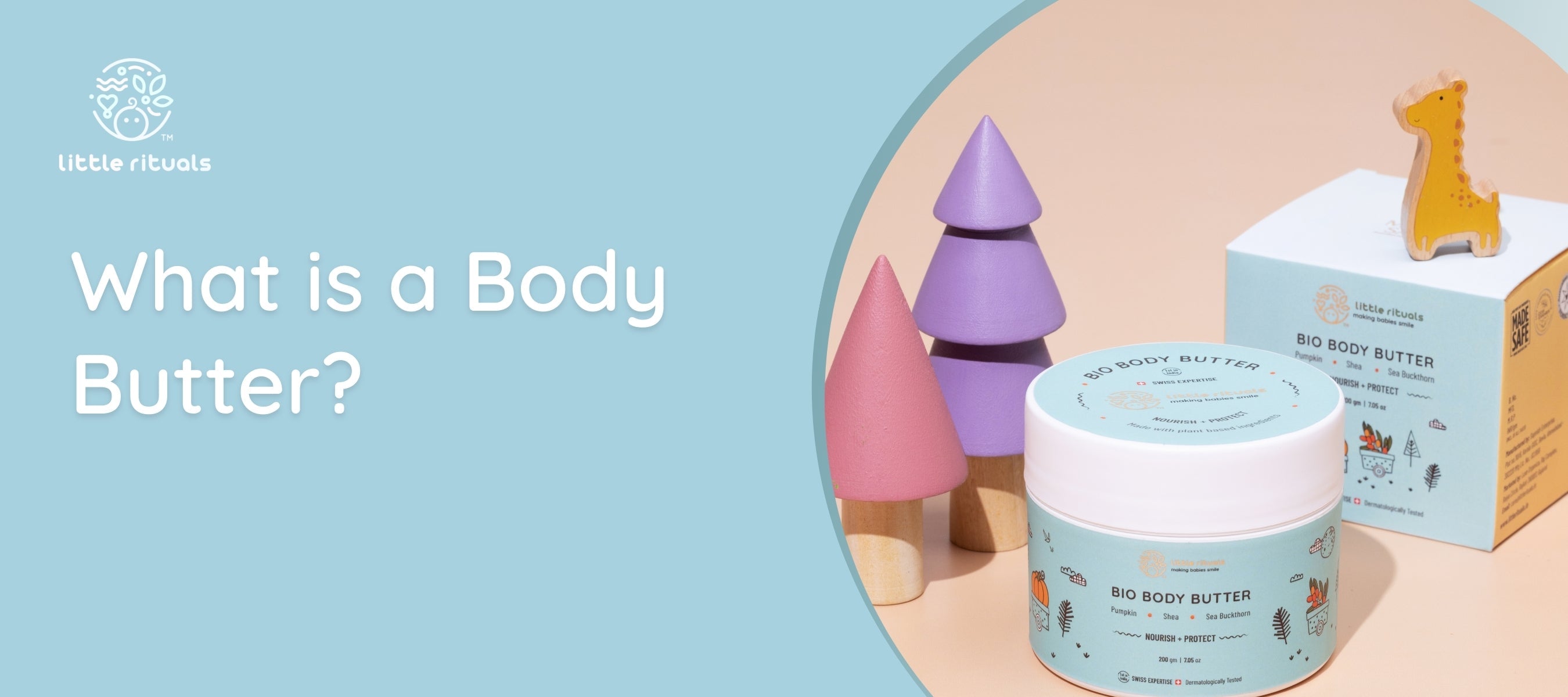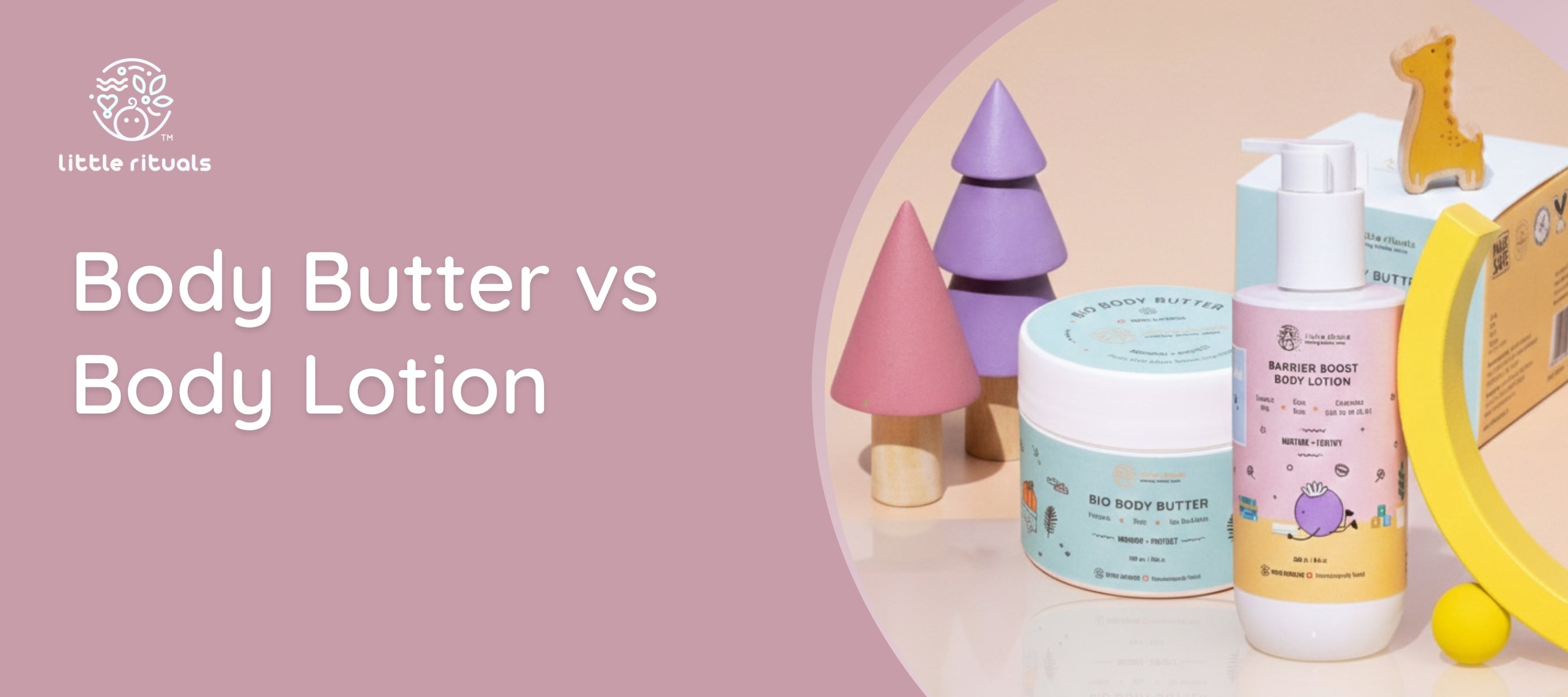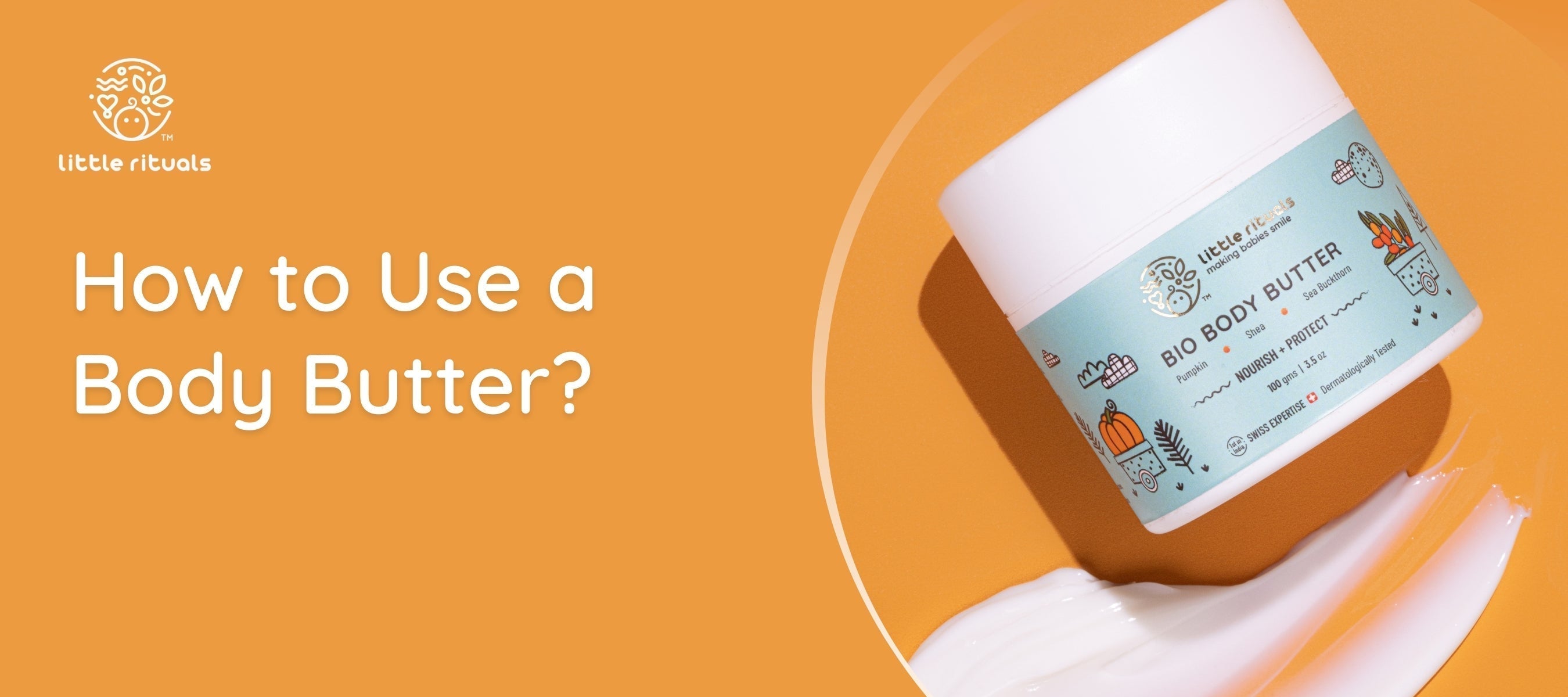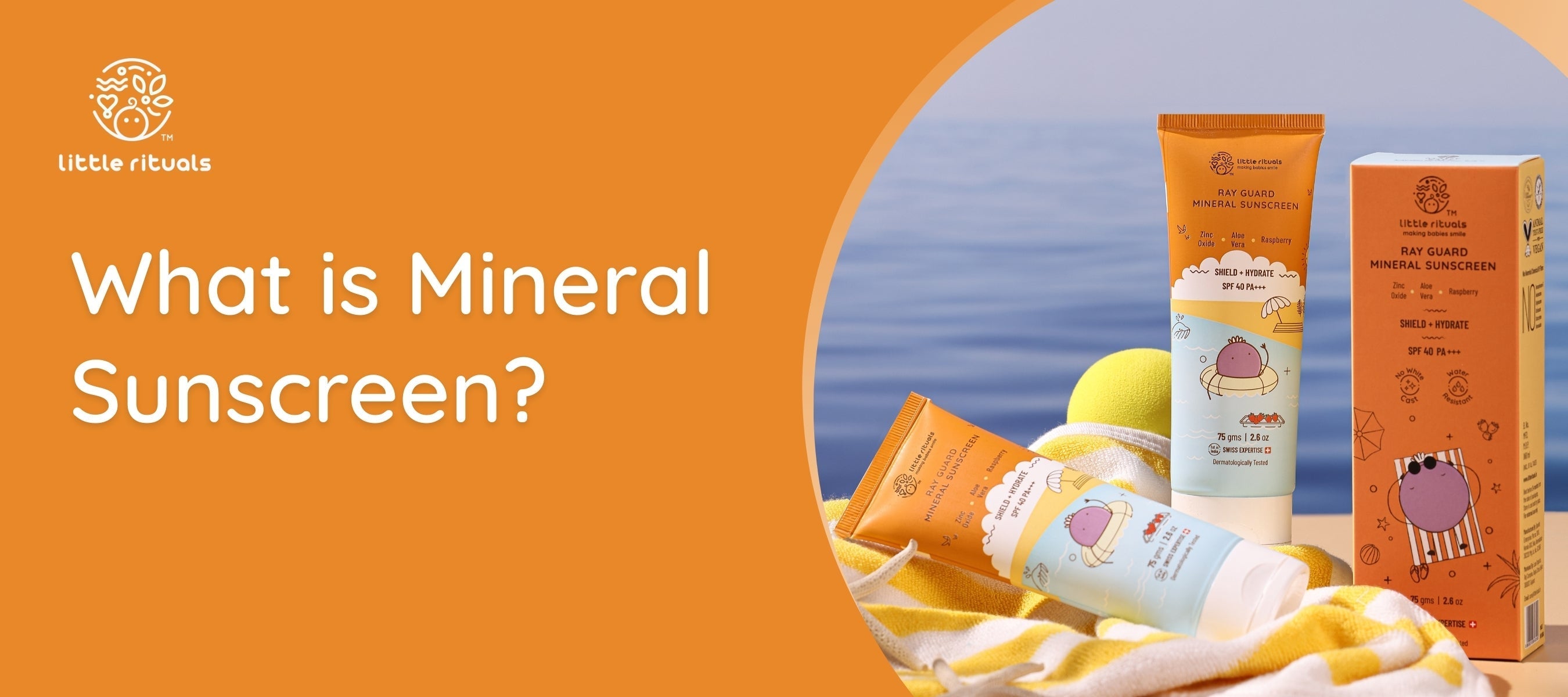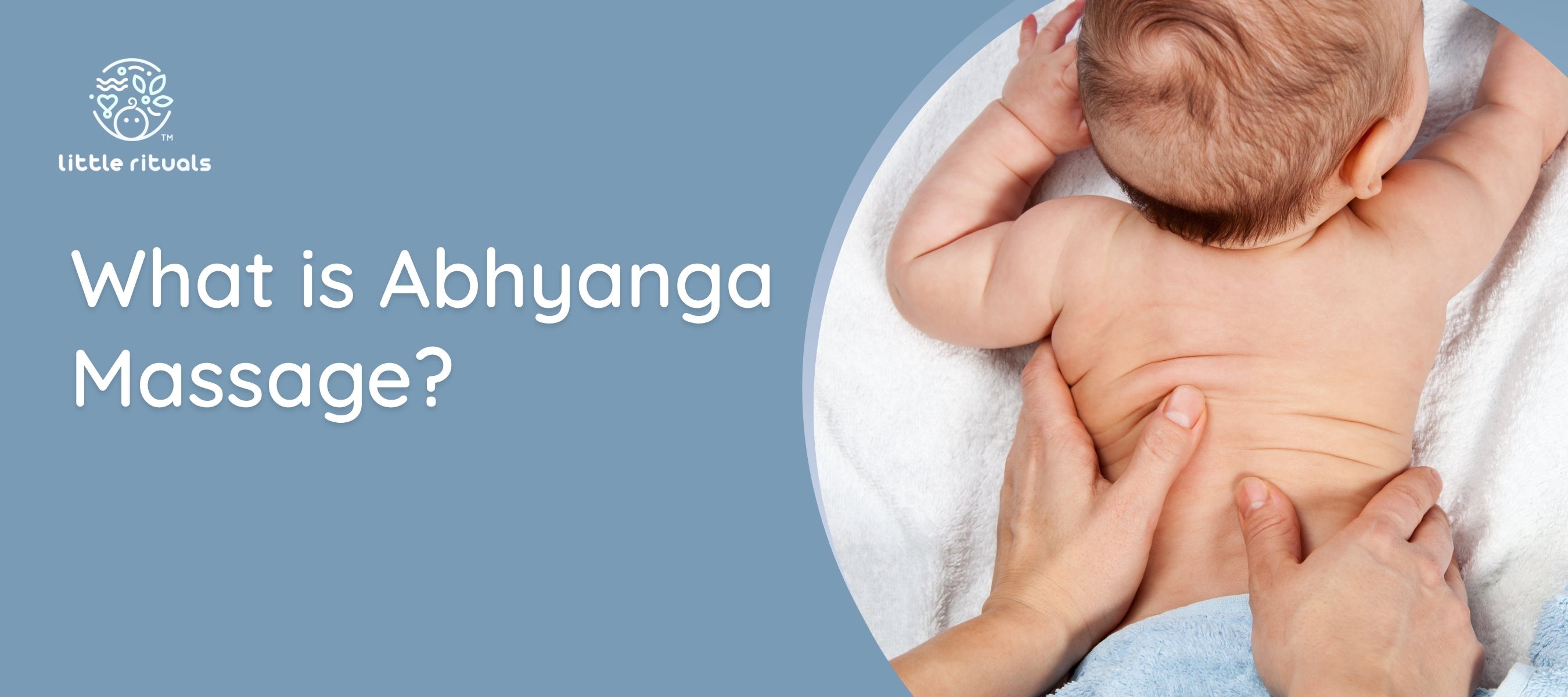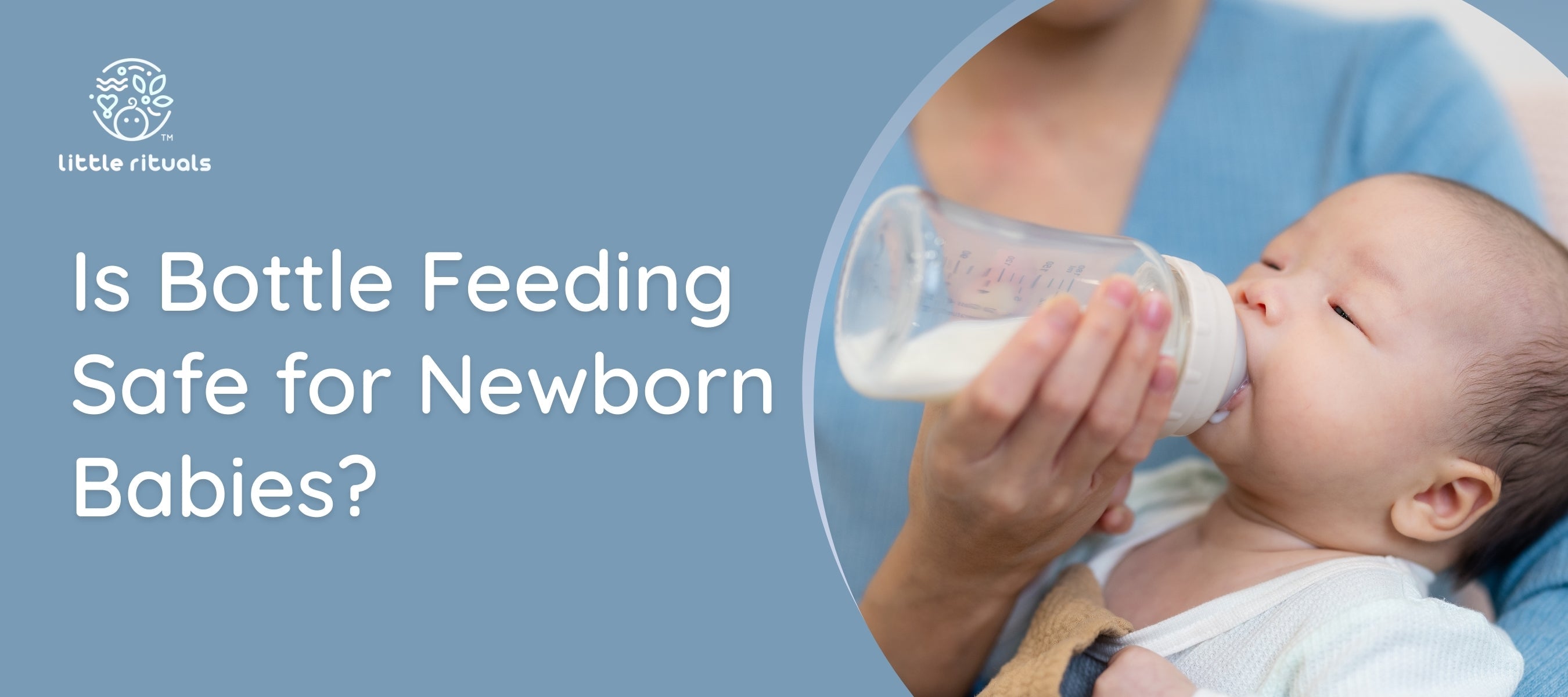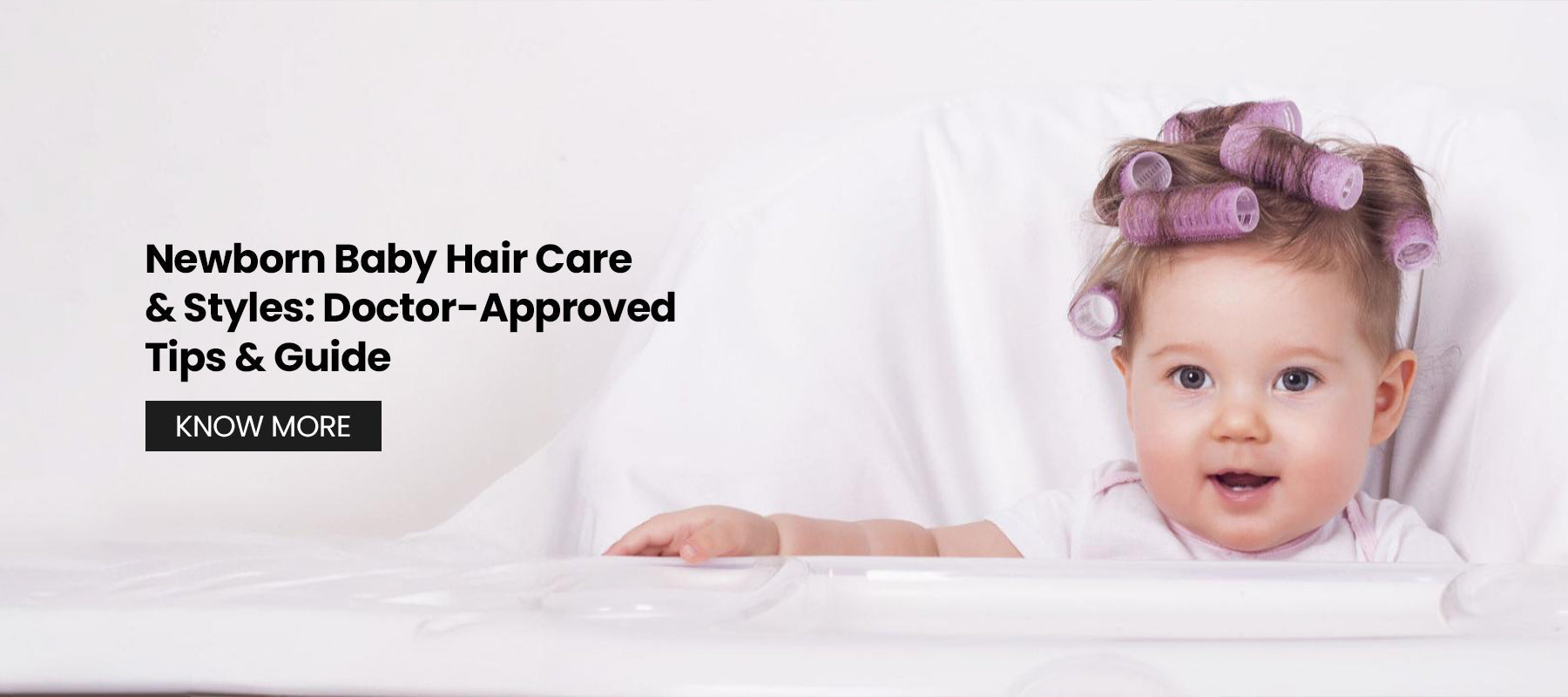
Newborn Baby Hair Care & Styles: Doctor-Approved Tips & Guide
Welcoming a newborn into the family is a joyous occasion, and one of the many aspects parents wonder about is how to care for their baby’s delicate hair. While a baby’s hair might seem soft, fine, and thin at first, it plays a significant role in their early development. Knowing how to properly care for newborn hair is essential for both their comfort and their overall health. In this guide, we will share doctor-approved tips for caring for your newborn's hair and styles that are safe and gentle for little ones.

Understanding Newborn Hair
Every newborn is unique, and that includes their hair. Some babies are born with a full head of hair, while others may have little to no hair at all. In either case, newborn hair can change rapidly during the first few months. Many parents notice that their baby’s hair begins to thin, fall out, or change in texture during the early months of life. This is completely normal and should not cause concern.
The texture, color, and density of your baby's hair are determined by genetics, but a little extra care can ensure that it remains healthy and comfortable for your baby.
Baby Hair Growth Month by Month
The first year of life is a time of rapid growth for your baby, and this includes baby hair growth. Here's a quick look at what to expect during the first months:
- Month 1: Many babies will have soft, fine hair, which may or may not be very thick. It's common for babies to shed some or all of their hair in the first few weeks.
- Month 2 to 3: By the end of the second or third month, your baby’s hair may begin to grow back. This new hair could be a different color or texture compared to the first batch.
- Month 4 to 6: Around this time, babies begin to develop their permanent hair, which could still be soft and fine. You might notice your baby’s hair becoming thicker or changing in texture.
- Month 6 to 12: Baby hair continues to grow and thicken, and some babies may even develop more noticeable hairstyles. It’s during this period that parents might begin experimenting with baby-friendly hair care routines.
Understanding baby hair growth month by month can help you keep track of your baby’s hair changes and ensure that you are properly caring for it during these crucial stages.
Related Read: Why Kids Need Hair Conditioner and How to Shampoo & Condition the Right Way
How to Take Care of Newborn Hair?
Taking care of newborn hair doesn’t need to be complicated, but there are a few important things to keep in mind. Your newborn’s scalp and hair are very delicate, so gentleness is key. Here are some tips on how to take care of newborn hair:
Use Gentle Products
Baby’s skin is sensitive, and the same goes for their scalp. Avoid harsh chemicals or fragrances that could irritate their skin. Choose a gentle body wash that is free from parabens, sulfates, and artificial fragrances. Opt for products that are dermatologist-tested and designed specifically for babies. These gentle formulas help to keep your baby's scalp healthy without causing dryness or irritation.
Wash Hair Only When Necessary
In the first few months, you don’t need to wash your baby’s hair every day. In fact, frequent washing can strip the natural oils from your baby’s hair and scalp. Aim to wash your baby’s hair about two to three times a week, or more often if needed due to sweat or a messy situation. Use lukewarm water and a small amount of gentle body wash to gently clean your baby’s hair.
Dry Baby Hair Gently
After washing your baby’s hair, make sure to gently pat it dry with a soft towel. Avoid rubbing the towel vigorously, as this could damage the hair or irritate the scalp. If your baby has longer hair, you may want to use a soft, baby-sized comb to gently detangle any knots.
Avoid Tight Hairbands or Accessories
Though it may be tempting to adorn your baby’s hair with cute accessories, avoid using tight hairbands or clips in the early months. These can cause hair breakage or even scalp irritation. If you want to style your baby’s hair, go for soft, gentle options that won’t cause discomfort.
Monitor for Cradle Cap
Cradle cap is a common condition that can affect newborns, causing flaky, dry patches on the scalp. It typically appears in the first few months and is harmless, but it can be uncomfortable for your baby. To help prevent and treat cradle cap, gently massage a small amount of baby oil or petroleum jelly onto the scalp and use a soft brush to remove the flakes. Always consult your pediatrician if the cradle cap persists or becomes inflamed.

Essential Haircare Tips for Baby
In addition to the basic tips above, there are several essential hair care tips for babies that will ensure your baby’s hair remains healthy and beautiful:
Keep Your Baby’s Scalp Clean and Moisturized
Moisturizing your baby’s scalp helps keep it healthy and prevents dryness. If your baby has particularly dry patches or a flaky scalp, a few drops of organic cold-pressed coconut oil or baby-safe oil can be gently massaged into the scalp. Be sure to use a light touch, as the baby's scalp is sensitive.
Protect Baby’s Hair from Sun Exposure
While babies should avoid direct sun exposure, it’s still important to protect their hair and scalp when outdoors. Consider using a baby hat or cap to shield their head from the sun’s harsh rays, especially during the peak hours of sunlight.
Maintain a Balanced Diet
Healthy hair growth is often linked to overall health, and this is true for babies as well. Breastfeeding provides essential nutrients for your baby’s development, including those needed for healthy baby hair growth. If you're formula feeding, choose a high-quality formula that meets all of your baby’s nutritional needs.
Use a Soft Brush or Comb
If your baby’s hair starts growing and you need to comb or brush it, make sure to use a soft, baby-specific brush or comb. These are designed to be gentle on delicate hair and will help prevent hair breakage and scalp irritation.
Choose Gentle, Nutrient-Rich Cleansing Products
When it comes to washing your baby’s hair, using a gentle, nutrient-rich cleanser is key. Opt for a mild hair and body wash that not only cleans effectively but also nourishes the scalp and supports natural hair growth. Look for products enriched with essential vitamins and plant-based ingredients that are safe for daily use. A multivitamin hair and body wash by Little Rituals, crafted with organic botanicals and free from harsh chemicals, is MADE SAFE certified—ensuring it's as gentle and pure as your baby deserves.
Must Read: Say No to Endocrine Disruptors: Choosing MADE SAFE® Certified Baby Care
Baby Hair Growth: What to Expect Over Time
As your baby grows, their hair will continue to change and develop. It’s important to keep in mind that baby hair growth varies from baby to baby. Some babies might experience a sudden growth spurt around 6 months, while others may have slower growth. This is entirely normal, and there’s no need to worry if your baby’s hair is growing at a different rate than other babies.
By understanding the natural progression of baby hair growth month by month, you can adapt your care routine to suit your baby’s needs. If you notice any unusual hair thinning, dryness, or other concerns, it’s always best to consult your pediatrician for advice.
Conclusion
Caring for your newborn's hair is an essential part of ensuring their overall well-being, but it doesn’t need to be complicated. By following how to take care of newborn hair with gentle, doctor-approved methods and using gentle body wash, you can keep your baby’s scalp healthy and their hair soft and strong.
Remember, each baby’s hair growth journey is unique, so don’t worry if your little one’s hair is growing more slowly than others. With the right care, your baby’s hair will continue to flourish. And always get doctor-approved tips when you have questions or concerns about your baby’s hair and scalp health. For expert advice and assistance on essential hair care tips for baby, always consult with your pediatrician to ensure your baby’s hair stays healthy and beautiful throughout their growth stages. You must have plant-based and MADE SAFE CERTIFIED products from reliable establishments like Little Rituals.
